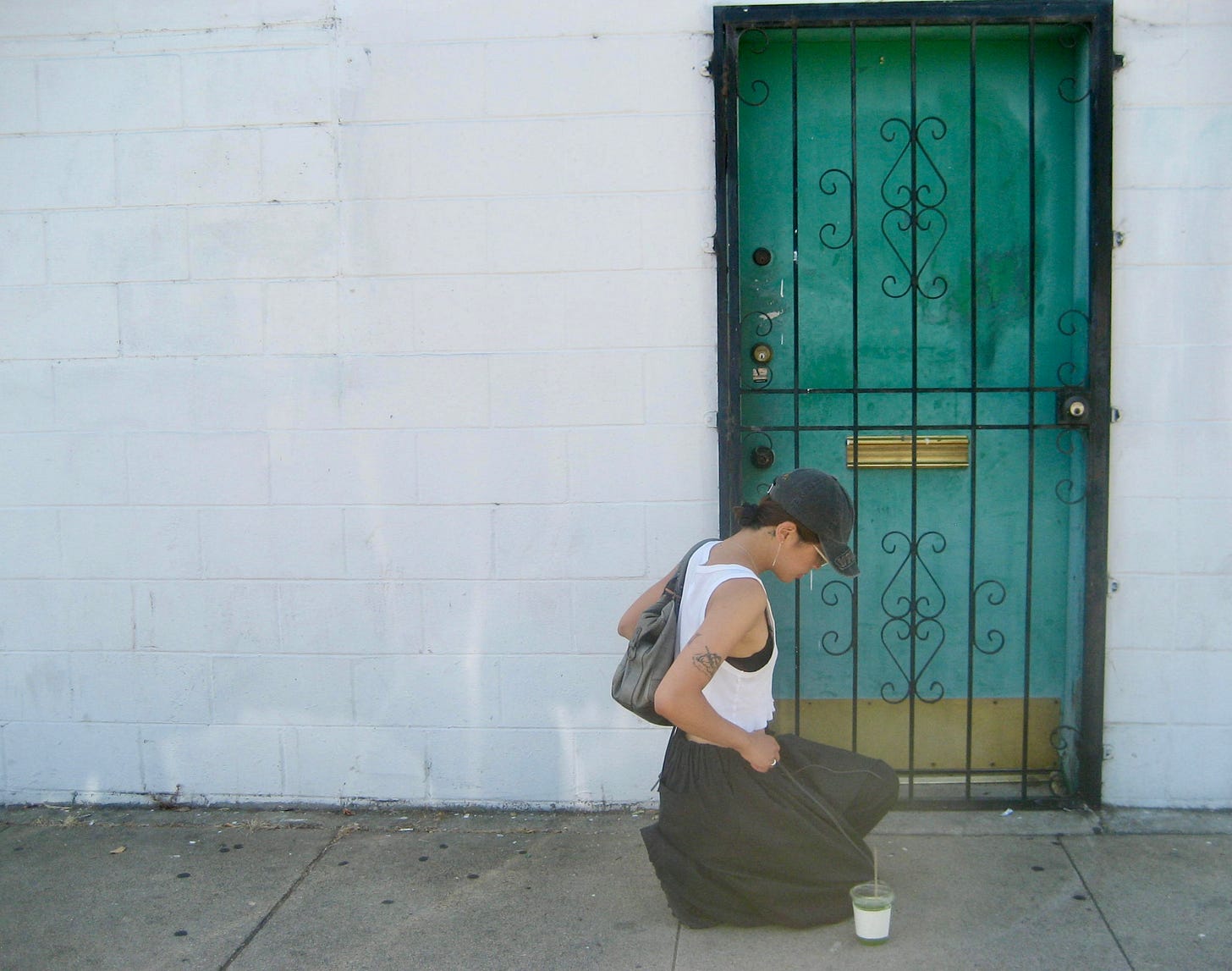Shikgu (식구): the Korean word for family, derived from the Chinese characters that mean “mouths that eat.”
I’ve seen my father cry just once in my life.
Usually reserved and rigid, he would only let his guard down between sips of soju as he shared stories at the dinner table. A square wooden table—its plywood laminate now peeling at the corners, marked by remnants of old baby-proofing and stamped with water stains from years of iced Americanos.
I don’t know if it was the alcohol that night, or the unspoken longing to reconnect with lost family, but one night my dad cried talking about his father.
The Korean-American in me feels weird typing out dad because I only know him as appa 아빠.
Normally, I’d joke about him being an alcoholic, but for the sake of posterity, I’ll defer to his account. In his words, drinking is simply part of Korean culture—something as objective and impenetrable as coffee having caffeine or the adage “boys will be boys.” Having a drink or two (or five) at the dinner table was as familiar as long-winded tangents on Buddhism and talking at your children rather than with them.
Ascetic in other aspects of his life, drinking was the one indulgence that slipped through the unbending cracks of his character. I used to attribute his rare moments of vulnerability to the alcohol “talking”, but perhaps the act of sitting together in a familiar place provided the very emotional safety net to explore his stream of subconscious feelings.
One night, my little brother tried to run off in the middle of dinner to watch his usual 8 PM YouTube. Sternly calling him back to the table, my father said, “Family means eating together—that’s what ‘shikgu’ means. Dinner means we sit and talk together. ”
SHIKGU
As someone who loves exploring the nuances of language, I was inspired by how the word shikgu offers a precious glimpse into the cultural significance of shared meals and communal practices.
Conversation at the dinner table is more than just a daily routine — it’s a profoundly communal and human experience. In our fast-paced modern world, where separate meals and busy schedules have become the norm, it’s easy to overlook the importance of eating together1 and the connection it fosters.

My intention with SHIKGU
I chose the word “shikgu” as the name of this vessel because of dinner table conversations and the inspiration I’ve gained from my family and community.
One day, shikgu might be a blog post, the next a song, or maybe even a detailed granola recipe. For me, it’s a channel for self-expression—and more importantly, a reminder to slow down, be present, and reconnect with the practices that make us human.
Love you,
-s.m.
https://www.theatlantic.com/health/archive/2014/07/the-importance-of-eating-together/374256/




